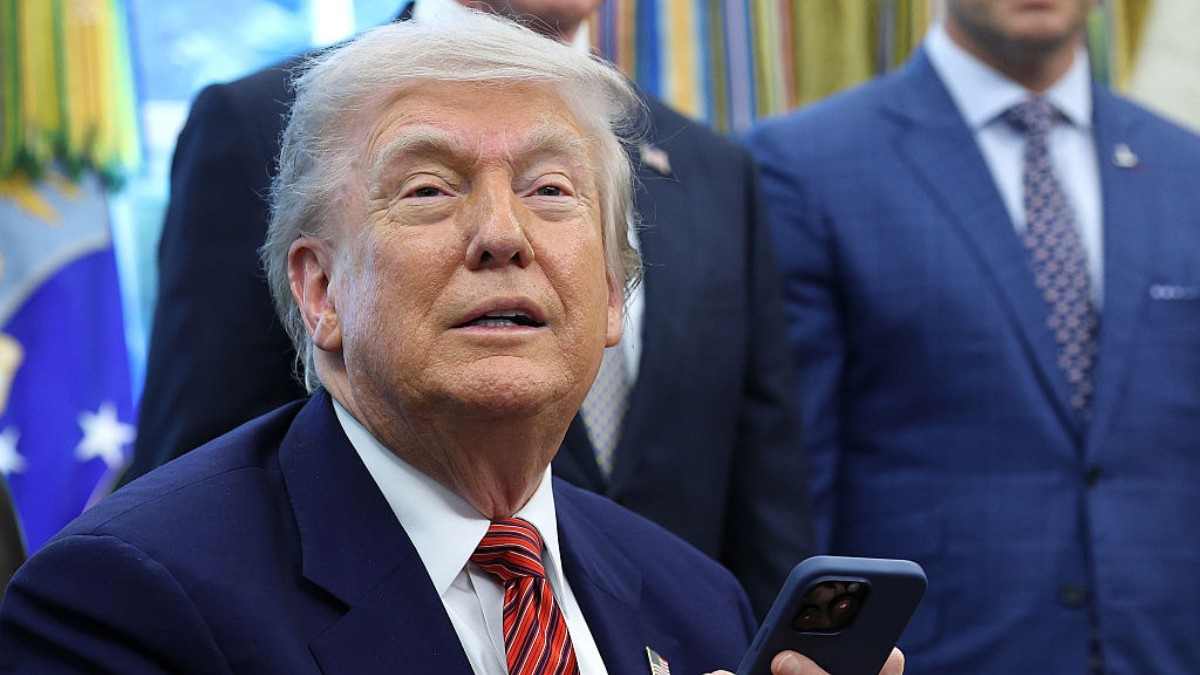
Recent developments in the U.S. bond market have raised significant concerns about the nation’s fiscal health, as Republican legislation threatens to substantially increase the country’s deficit. The market disturbance has caught the attention of economists and financial experts who previously dismissed debt concerns but are now sounding alarm bells.
The U.S. government’s current deficit stands at $1.8 trillion, representing 6.4% of America’s gross domestic product in 2024. This deficit, which represents the gap between government spending and tax revenue, requires the Treasury to borrow money through bond markets by selling IOUs to creditors.
According to The Wall Street Journal’s chief economics commentator Greg Ip, the deficit implications of this budget “would be higher than any other sustained stretch in U.S. history, and more than almost any other advanced economy.” He noted that while U.S. deficits previously accounted for half of advanced economies’ deficits, they are projected to represent two-thirds from 2023 through 2030.
Impact on interest rates raises concerns for economic stability
The growing deficit has begun to affect interest rates on U.S. Treasury bonds, which serve as benchmarks for other key rates throughout the economy. With the national debt approaching $29 trillion, nearly 100% of U.S. GDP, investors are increasingly worried about debt sustainability.
Here come the $3 trillion deficits — courtesy of a GOP Congress.
— Peter St Onge, Ph.D. (@profstonge) May 26, 2025
We were already on track for $22 trillion of deficits in the next 10 years.
This Big Beautiful Budget will take it to nearly $30 trillion. pic.twitter.com/FC31cWHzGb
Economist Larry Summers expressed his concerns to The Atlantic, stating that the fiscal picture has rapidly shifted from “comfortably in the green-light region to the red-light region.” Analysis suggests the GOP’s bill could add approximately $5 trillion to the already substantial deficit.
The combination of higher interest rates and lower growth rates presents a particular challenge for the economy. The Republican legislation, which includes removing health coverage and nutritional support from lower-income individuals to partially offset tax cuts for wealthy Americans, has been criticized for lacking growth-promoting elements.
Goldman Sachs forecasts suggest that these fiscal policies, combined with tariffs, could potentially slow economic growth from approximately 2% to 1% this year. Despite these challenges, the U.S. maintains one of the world’s strongest economies, with the dollar remaining the dominant global currency and the risk of default on sovereign debt remaining minimal.







